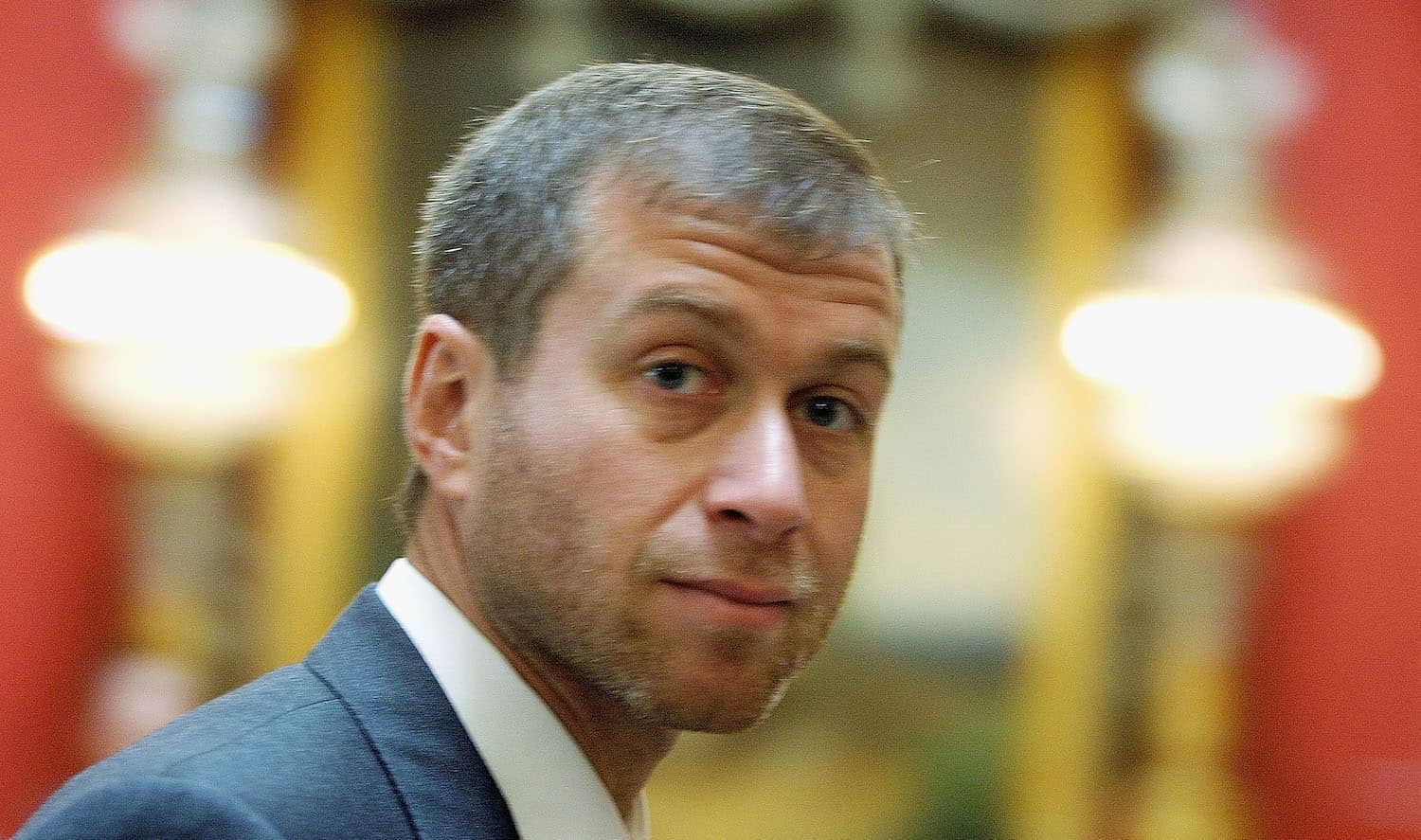Russia is now 33 days into a war it expected would last 72 hours. Given the relative failure of the invasion, it is surprising anyone in the Russian security establishment has much time to spare for side projects. Yet, yesterday’s news that the Russian oligarch Roman Abramovich was poisoned during informal peace negotiations with the Ukrainians would suggest otherwise.
While details are murky, according to the investigative journalism collective Bellingcat, billionaire Abramovich was engaged in shadow negotiations in the Ukrainian capital, Kyiv, earlier this month when he and his two Ukrainian interlocutors fell ill. The men later received medical treatment in Istanbul.
Since the story broke, there has been a heady mix of clarifications, confirmations and counter-accusations. Of course, even if it did happen, there is no proof the poisoning was Kremlin-ordered. But then again, only the Russian state has both the capacity to use these substances and a long history of doing so, from Aleksandr Litvinenko to Aleksei Navalny, via the Skripals.
‘The West does not only want to encircle Russia with a new Iron Curtain but to destroy it completely’
All those cases were considerably more serious. So, given the relatively mild symptoms, it would appear the poisoning was not intended to kill the would-be negotiators but to scare them, sending a message about compromises and their undesirability. A tactical poisoning is an effective way for Putin’s band of trusted hardmen to show they are still in charge and not in any mood for turning.
This action also sends another message that has long been audible, although many in the West do not want to hear it: Putin is not a mad dictator unable to see reason despite his aides’ best efforts. In fact, he is far from the most aggressive or paranoiac person in the Kremlin.
Just look at the trio of security chiefs that make up his closest advisers: Aleksandr Bortnikov has been director of the FSB, the KGB’s successor, since 2008. In this role, he often provides ‘evidence’ to justify Putin’s paranoia. At the infamous Security Council meeting that preceded the declaration of war, Bortnikov claimed that FSB border guards had captured a saboteur trying to sneak into Russia to cause havoc.
Then there is Nikolai Patrushev, secretary of Russia’s Security Council, the country’s top national security body. He has been by Putin’s side since the latter’s rise to the presidency and owes his position to Putin. He views Ukraine as a proxy war with the collective West and especially the USA, whom he frequently accuses of wanting to destroy Russia.
Finally, we have Sergei Naryshkin, who was humiliated at a pre-invasion Security Council meeting for suggesting the West be given one more chance. Since then, he has made up for his outburst of weakness by becoming ever more hardline, arguing that ‘the West does not only want to encircle Russia with a new Iron Curtain but to destroy it completely’.
These three siloviki, or security men, view everything from honest elections to history textbooks as an existential attack on Russia. Like many of their, and Putin’s, generation, they harbour an emotional obsession with Ukraine and its significance to Russian great power status. With these men so close to the helm, it is unduly optimistic to expect a lasting negotiated settlement that might end the bloodshed in Ukraine, especially given Moscow’s mixed signals on its willingness to make a deal.
Nor is there much demand in wider Russian society for a more liberal approach. In 2020, the respected pollster Levada Centre found that 75 per cent of Russians believe their country is a superpower and 88 per cent think it is important to maintain that status. Putin has frequently referred to the current war against Ukraine as a rerun of the great patriotic war against Nazism, in which almost 90 per cent of Russians take pride. Ordinary people will be in no rush to give up on this narrative, which renders them heroes, for the unpalatable truth of their nation’s villainy in Ukraine.
Russia’s predicament and Ukraine’s tragedy cannot be solved without a recognition that the war is fuelled not only by President Putin but by the influence of siloviki in government. And they, in turn, fuel a societal sickness driven by an obsession with Russia as a strong ‘great power’ state. The poison may be in the hands of only a few men but it runs through the country.







Comments